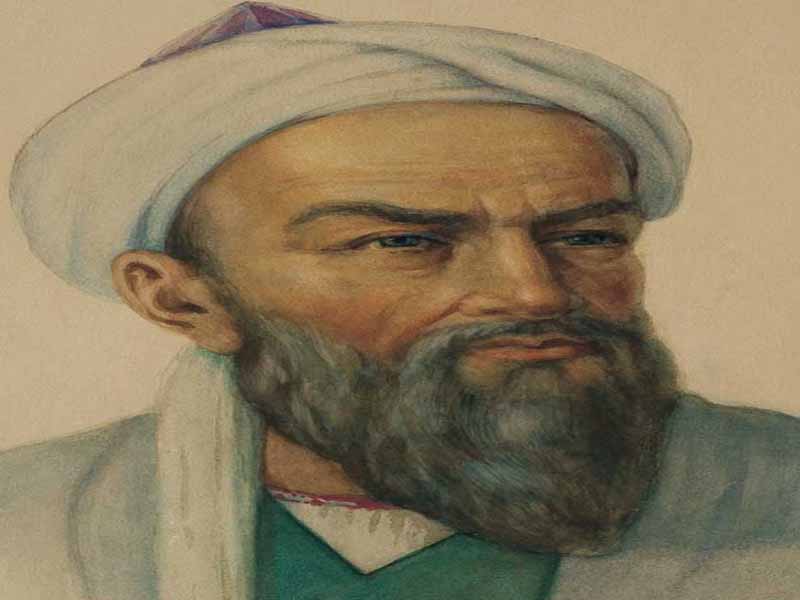He was born in the city of Kot (the medieval city located 2,5 km north of present city of Beruniy), the ancient capital of present Khorezm province.
There he met with his second teacher Abu Sakhl Iso al-Masihiy and took lessons from him. The book that made Beruniy well-known all over the world “Relics from ancestors” was written in this period.
Later Abu Raykhon Beruniy was asked to come to Urgench by its new governor Abu Abbos Mamun ibn Mamun. There he took an activity in “Mamun academy” which was established at those times under Mamun’s own control.
In 1017 the governor of Gazna was able to conquer Khorezm and all members of Mamun academy were taken to Gazna city. His life there was very hard though his scientific activity at this period was very productive. His works “India”, “Famous people of Khorezm”, and “Initial concepts of soothsaying art” were written in this place.
Abu Raykhon Beruniy left us great scientific heritage. About 154 scientific works on astronomy, geography, mathematics and history were created under his pen. For example in “India”, the author gave information about the geography and mythological imagination of the population of India. And in “Relics from ancestors” he wrote about the Greeks, the Romans, the Persians, the Khorezmids, the Christians and the Jews. Traditions and beliefs of the Arabs before their converting to Islam are described in it as well.
Beruniy died in 1048 in Gazna. Beruniy had made a great contribution by his scientific and philosophic legacy to the world’s science and culture.






















